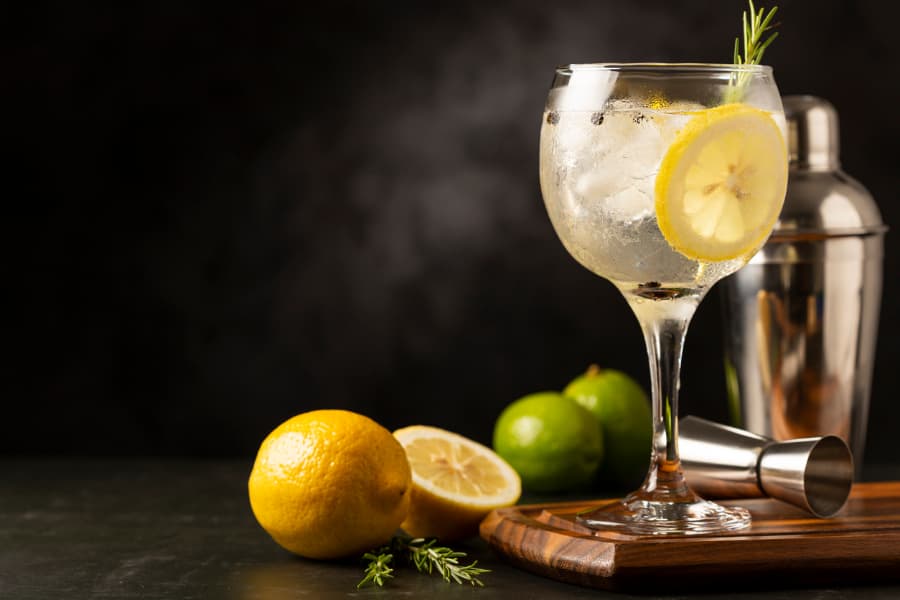
You might be under the impression that because tequila and mezcal are both made from the agave plant, they must be the same. However, they are very different in their own respects. While the two spirits do share some similarities that lead people to think they’re interchangeable, key differences help consumers distinguish between them. Columbia Distributing is a premier non-alcoholic and alcoholic beverage distributor in Oregon and Washington that makes sure bars, restaurants, and other establishments have the spirits they need to meet customer demand. Here, we offer insight into how tequila and mezcal are similar and how they differ.
Type of Agave Plant
When talking about how tequila and mezcal are different, it should be noted that mezcal is simply the name for any liquor made from agave. This would mean tequila falls under the mezcal umbrella much like pinot noir falls under the wine umbrella or like bourbon is a kind of whiskey. A key difference between tequila and mezcal is the style of agave plant used. To be classified as tequila, the liquor must be made specifically from agave tequilana, more commonly known as blue agave. Mezcal, on the other hand, can use any kind of agave plant.
How Tequila and Mezcal Are Distilled
Another difference between tequila and mezcal comes down to the production process. Both mezcal and tequila use the core of the agave (the piña), which is harvested from the plant when it’s first pulled from the ground. For producing tequila, the piña is cooked in industrial ovens and is then shredded, fermented, and distilled in copper pots. Piña used to produce mezcal is cooked in an underground pit lined with aromatic items like volcanic rock, charcoal, and wood. They are then taken to be fermented and distilled in clay pots.
How They Taste
The differences in production are what give tequila and mezcal their distinct flavor profiles. When comparing the two spirits, you may notice tequila is more agave-forward. The result is a liquor that offers a semi-earthy taste that is even a little bit sweet. Many tequila brands on the market today include products with added flavors to achieve a smoother, less bitter, and more enjoyable taste. Cocktail enthusiasts should opt for tequila if they desire an approachable flavor in their cocktail.
Detailing the taste of mezcal is a little less straightforward. Because mezcal can be distilled using different species of agave, the flavor profiles will vary. Some mezcal will deliver a woody, almost savory flavor while in others you might detect floral, fruity, or earthy notes. Even mezcal made with the same type of agave can taste different across Mexico’s many regions.
All things considered, mezcal offers consumers a much more in-your-face flavor than tequila. Knowing this can help you select which spirit is ideal for your taste buds.
Learn More About Tequila and Mezcal with Columbia Distributing
Tequila and mezcal have very different characteristics, including the flavors they deliver. Knowing and understanding these differences can be crucial when it comes to the overall experience for your customers. If you’re unsure about how tequila and mezcal are similar and how they differ, Columbia Distributing has your back. We supply bars, restaurants, retail stores, and other establishments throughout the Pacific Northwest with premium beverage products, as well as our expertise and knowledge of the industry. Our team is happy to answer any questions you might have and recommend the best products based on your target customer. Contact us today to learn more about tequila, mezcal, and the other spirits we offer.